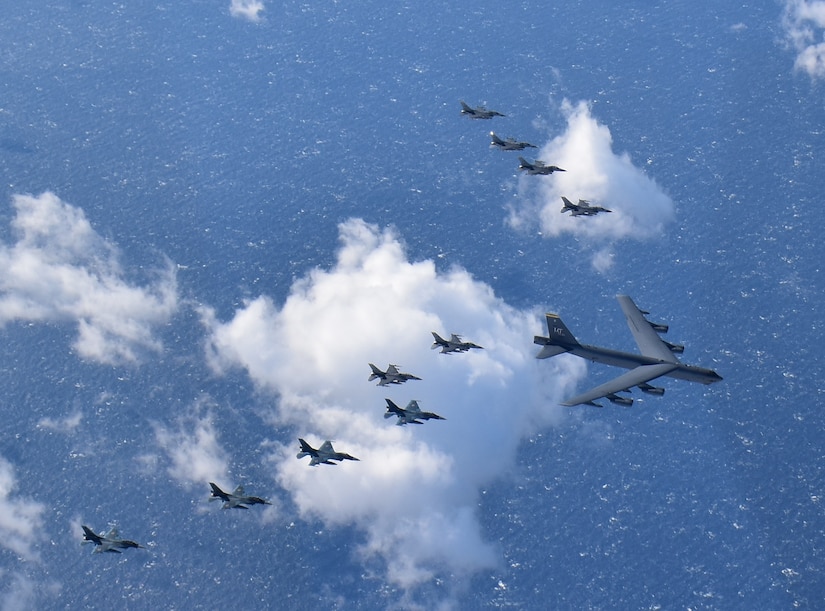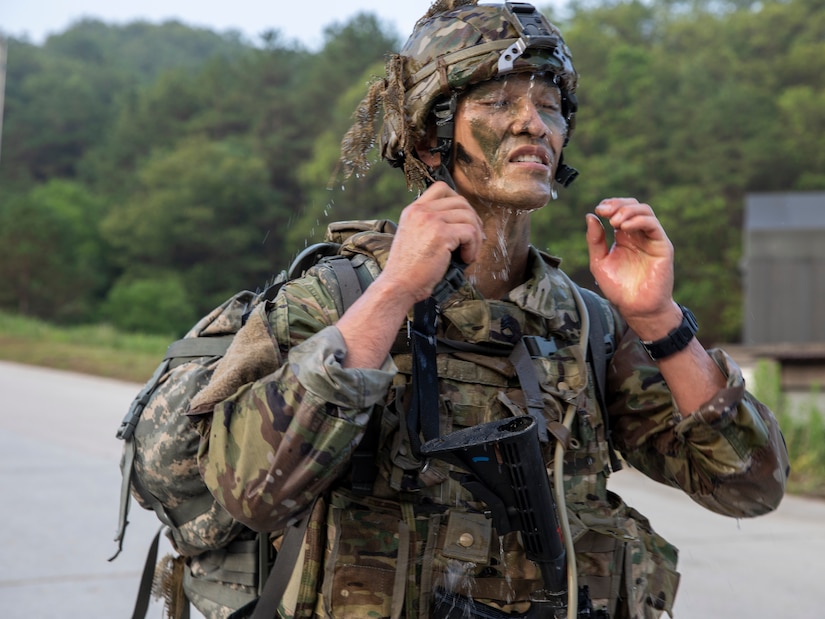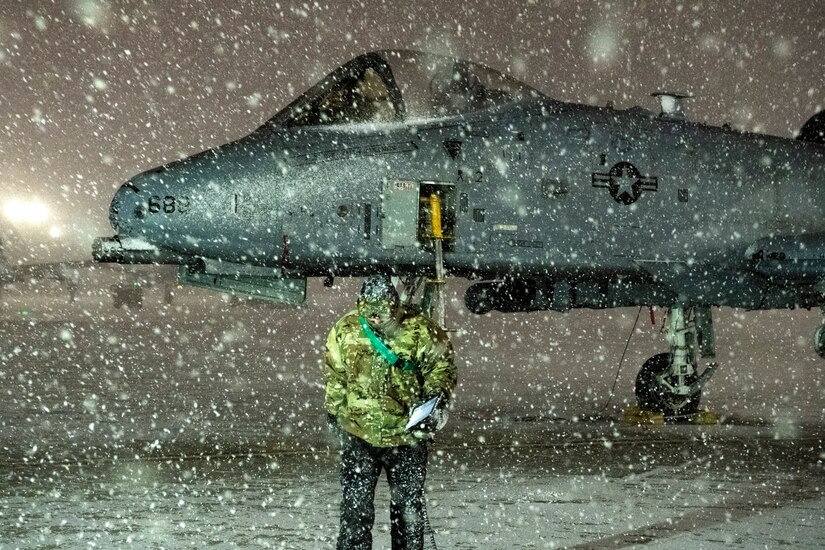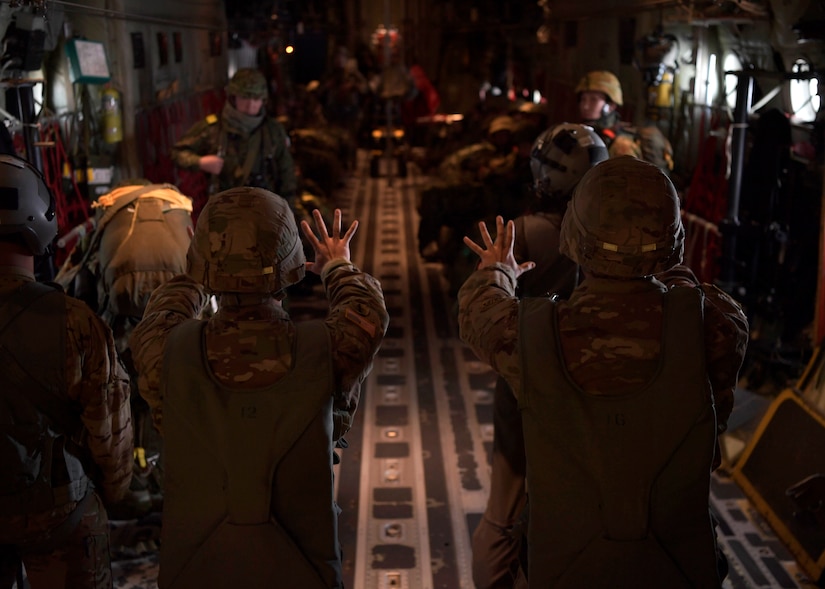March 12, 2021 | , DOD News
Secretary of State Anthony J. Blinken and Secretary of Defense Lloyd J. Austin III emphasized the importance of the Indo-Pacific region by becoming the first cabinet-level members of the Biden administration to travel to Japan and South Korea.
In a call with reporters, Ambassador Sung Y. Kim, the acting assistant secretary of state for East Asian and Pacific affairs, said the outreach shows that diplomacy is back at the center of U.S. foreign policy.

"We are working to strengthen America's relationships with our allies as well as the relationships among them," he said. "And none are more important than Japan and the Republic of Korea."
The two secretaries will meet with leaders in both countries to discuss a wide range of regional and global concerns. The rise of China and the problems of dealing with North Korea are among the issues they will discuss, Kim said. They will also discuss ways to battle COVID-19 and the steps that must be taken to combat climate change.

In Tokyo, Blinken and Austin will participate in the U.S.-Japan Security Consultative Committee – the so-called "Two-plus-Two" meeting — with Foreign Affairs Minister Toshimitsu Motegi and Defense Minister Nobuo Kishi.
In Seoul, they will attend the U.S.-South Korea foreign and defense ministerial hosted by Foreign Affairs Minister Kang Kyung-wha and National Defense Minister Suh Wook.
"The American, Japanese and Korean people share deeply rooted values of defending freedom, championing economic and social opportunity and inclusion, upholding human rights, respecting the rule of law, and treating every person with dignity," Kim said. "Our cooperation with both Tokyo and Seoul to promote these universal values is vital to a free and open Indo-Pacific."

From a defense standpoint, the alliances with South Korea and Japan are a force multiplier, said David Helvey, the acting assistant secretary of defense for Indo-Pacific affairs. The trip illustrates "the United States's commitment to a rules-based international order that places all nations on a level playing field and holds them responsible for preserving the principles that underpin it," Helvey said.
The Indo-Pacific is the Defense Department's priority theater, and U.S. military capabilities there are dedicated to "upholding a free and open Indo-Pacific region where all nations, large and small, are secure in their sovereignty and pursue economic opportunity, resolve disputes without coercion and have the freedom to navigate and fly consistent with international rules and norms," he said.

"At a time when the region is facing mounting pressure from the People's Republic of China, and the continued threat from North Korean nuclear weapons and ballistic missile programs, this trip sends an important signal of resolve to work with allies, partners and like-minded nations to promote a peaceful, stable and resilient order that benefits us all," Helvey said.
After Seoul, Austin will travel on to India where he will meet with Indian Defense Minister Rajnath Singh and others in New Delhi. They will discuss ways to better cooperate in the major defense partnership the U.S. has with India. These will include enhanced information sharing, regional security cooperation, defense trade and the effects of new domains.







No comments:
Post a Comment